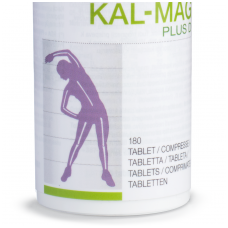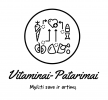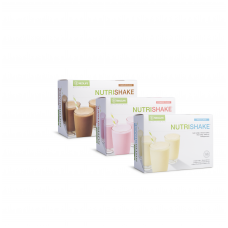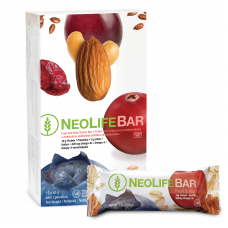Mineral (calcium)

Who needs it ?
Calcium improves heart health, blood coagulability, nervous health , improves skin health, bones and teeth health .Relieves musculoskeletal pain , maintains the correct acid-base balance, relieves menstrual pain and tremor (tremor).
Signs of deficiency
Muscle cramps, trembling, insomnia and nervousness, joint pain or arthritis, tooth decay, high blood pressure
How much ?
RDA (recommended daily intake) 800 mg
OPN (optimal daily intake) 1000 mg
Toxicity
The toxicity of the calcium supplement depends on other factors , such as a dose of vitamin D higher than 625 mcg per day. Excess calcium will interfere with the absorption of other minerals ,especially if the daily intake is too low. Excessive intake of calcium may lead to alkalisation of the renal myocardium or other soft tissues or lead to kidney stones.
Recommended foods
Swiss cheese (925 mg), cheddar cheese (750 mg), almonds (234 mg), Baker's yeast (210 mg), parsley (203 mg), corn cakes "tortillas"(200 mg), artichokes (51 mg), prunes (51 mg), pumpkin seeds (51 mg), boiled dried beans (50 mg), cabbage (4 mg), winter wheat (46 mg).
Assistants
Works better if taken with magnesium in a ratio of 3:2 or if taken with phosphorus in a ratio of 2: 1. Calcium is helped by vitamin D, boron and exercise (exercise).
Thieves
Hormonal imbalance ,alcohol, lack of exercise, caffeine, tea. Low acidity of the stomach and excess fat and phosphorus reduce the absorption of calcium. Stress leads to increased calcium excretion.
Source
Patrick Holford" the new bible of optimal nutrition " P. 482 -483 book publisher (Medical Research and Consulting Center)

 +370 679 670 37
+370 679 670 37
